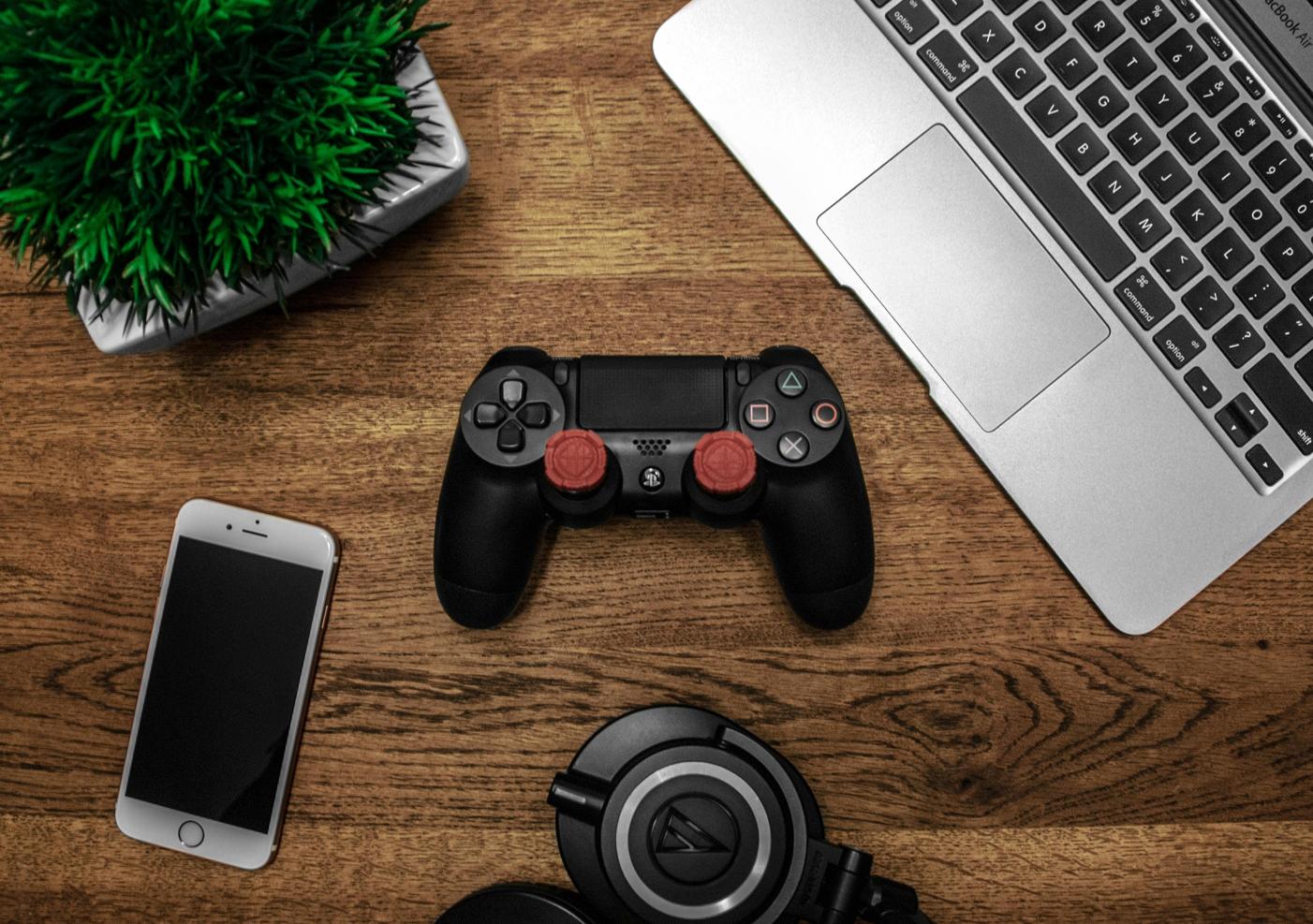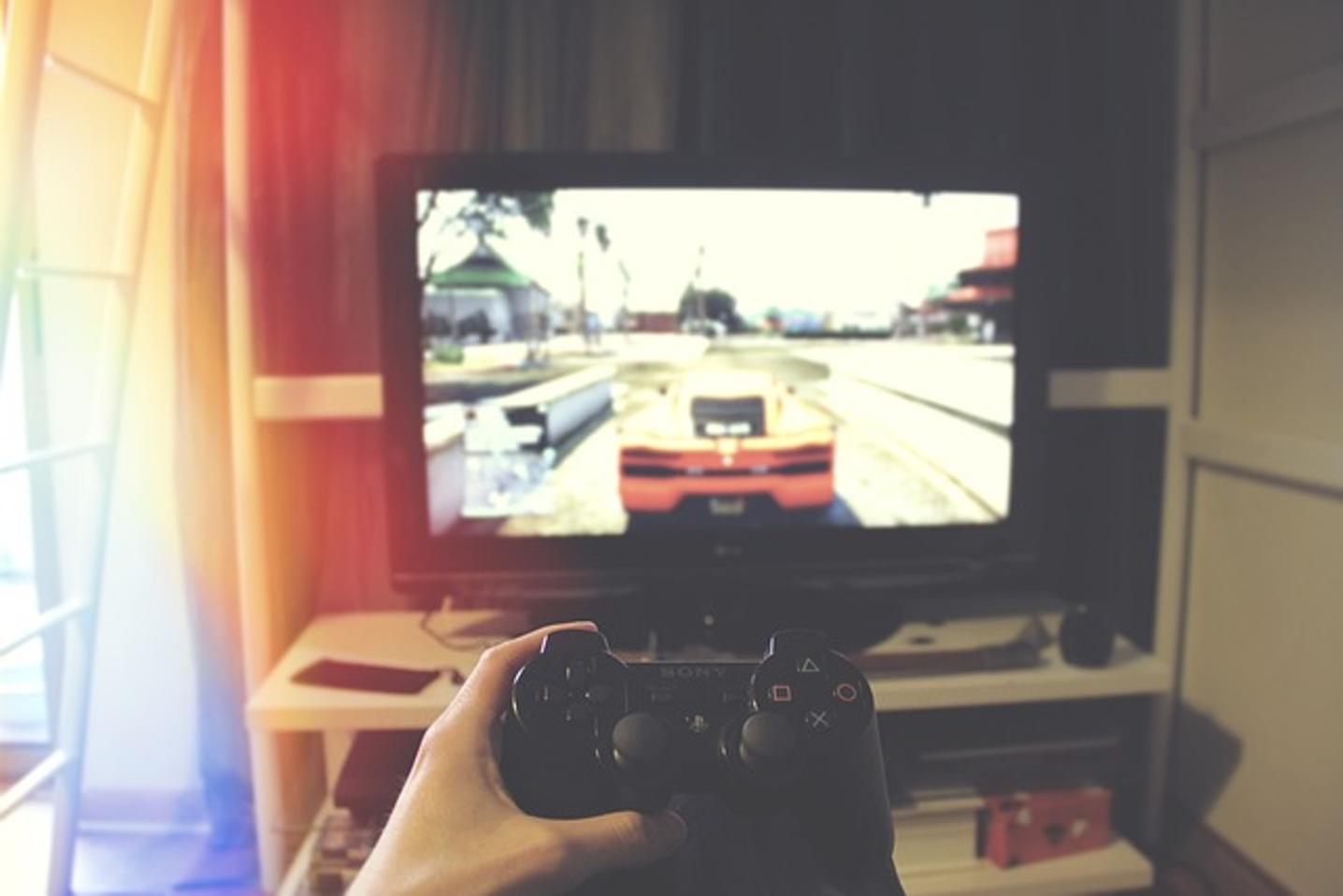Steam Deck vs Gaming Laptop: Which One Should You Choose?
Introduction
Choosing between the Steam Deck and a gaming laptop can be challenging as both devices cater to gamers with different needs. If you’re wondering which one to pick for your gaming adventures, this comparison guide will help you decide. We’ll cover every essential aspect, including performance, portability, display, and price. Let’s dive in and find out which device suits you best.

What is the Steam Deck?
The Steam Deck, developed by Valve Corporation, is a handheld gaming device designed to run PC games via the Steam platform. It features a custom AMD APU, integrating a Zen 2 CPU and RDNA 2 GPU, enabling it to play modern AAA titles. Its compact design prioritizes portability without sacrificing too much performance, aiming to provide an on-the-go gaming experience akin to a Nintendo Switch but with the extensive game library of a PC.
What is a Gaming Laptop?
A gaming laptop is a personal computer designed specifically for playing video games. These devices typically boast powerful processors, high-end graphics cards, and significant RAM to handle resource-intensive games. Unlike traditional laptops, gaming laptops focus on performance and cooling efficiency, allowing them to maintain high frame rates and display resolutions. Brands like Alienware, ASUS ROG, and MSI dominate this market segment, offering various models to suit different performance needs and budgets.
Performance Comparison
Processor and Graphics Capabilities
When assessing performance, both the Steam Deck and gaming laptops hold their own. The Steam Deck's custom AMD APU combines decent CPU and GPU capabilities, making it competent for most games at its native resolution. However, gaming laptops have an edge, often featuring powerful processors from Intel or AMD and GPUs from NVIDIA’s GeForce RTX series, making them ideal for high-end gaming.
Gaming Benchmarks
Gaming laptops typically outperform the Steam Deck in benchmarks. While the Steam Deck runs modern games at playable settings, gaming laptops deliver higher frame rates and better graphical fidelity. For instance, a gaming laptop with an RTX 3070 can handle 4K gaming at high settings, whereas the Steam Deck targets 720p to 1080p gaming at medium settings.
Real-World Performance
In real-world scenarios, gaming laptops provide a smoother experience for demanding games. They also support external monitors and peripherals, enhancing usability for different setups. The Steam Deck, though portable, may face limitations with newer, graphically intense games compared to high-end gaming laptops.
Portability and Design
Size and Weight
Portability is where the Steam Deck shines. Its compact, handheld design easily fits in a backpack, weighing about 1.47 pounds. In contrast, gaming laptops, even the slimmer models, are bulkier and heavier, making them less convenient for travel.
Build Quality
Both devices exhibit solid build quality. The Steam Deck, crafted for durability, includes robust controls and a sturdy frame. Gaming laptops vary by model but generally feature high-quality materials and advanced cooling solutions to endure prolonged use.
Practical Scenarios
For gamers frequently on the move, the Steam Deck's portability offers a significant advantage. It’s perfect for quick gaming sessions on public transport or while waiting. Conversely, gaming laptops are better suited for semi-mobile use, like LAN parties or moving between rooms.
Display and Audio Quality
Screen Quality
Gaming laptops often feature superior displays, ranging from FHD to 4K resolutions, with higher refresh rates (120Hz and above), providing a visually rich experience. The Steam Deck sports a 7-inch touchscreen with a 1280x800 resolution and a 60Hz refresh rate, sufficient but not as visually immersive as most gaming laptops.
Audio Performance
Audio quality on gaming laptops typically surpasses the Steam Deck due to larger speakers and enhanced audio systems. Many gaming laptops come with built-in subwoofers and surround sound technology, delivering richer audio experiences. The Steam Deck’s speakers are decent for handheld use but less impressive compared to dedicated laptop setups.
Immersive Experience
Gaming laptops win in terms of delivering an immersive gaming experience due to better displays and sound systems. The Steam Deck offers portability at the expense of some immersion, given its smaller screen and more basic audio quality.
Battery Life and Power Efficiency
This challenging topic ties closely to both performance and portability.
Power Consumption
The Steam Deck, designed for portable use, is optimized for power efficiency, drawing less power than gaming laptops. Gaming laptops, with their high-performance components, consume significant power, especially under heavy loads, impacting their portability.
Charging Solutions
Both devices offer specific charging solutions suited to their use. The Steam Deck uses USB-C charging, convenient for on-the-go power-ups. Gaming laptops typically have proprietary chargers that are bulkier but deliver faster charging to meet higher power requirements.
Battery Longevity
Battery life varies significantly between the two. The Steam Deck provides 2-8 hours of gameplay depending on usage, thanks to its power-efficient design. Gaming laptops struggle with battery longevity, often requiring frequent charging during intensive gaming, making them less ideal for extended unplugged sessions.
Usability and Software
Ease of Setup
Setting up the Steam Deck is simple: log into your Steam account, download your games, and start playing. Gaming laptops require more setup, possibly involving driver updates and software installations, but offer greater customization and flexibility.
Operating System
The Steam Deck runs SteamOS, a Linux-based operating system tailored for gaming. While this ensures smooth integration with Steam, it may face compatibility issues with non-Steam games. Gaming laptops generally run Windows, offering broad compatibility with a wide range of games and software.
Software Compatibility
Gaming laptops benefit from extensive software compatibility, supporting various game launchers and applications. The Steam Deck, while robust for Steam titles, may require workarounds for games and applications outside the Steam ecosystem, somewhat limiting its versatility.
Pricing and Value for Money
Cost Analysis
Price is a crucial factor in deciding between the two. The Steam Deck starts at a more affordable price point compared to gaming laptops, which can range significantly depending on specifications. High-end gaming laptops can cost several thousand dollars, while the most expensive Steam Deck model is less than a top-tier gaming laptop.
Initial vs. Long-Term Investment
Initially, the Steam Deck offers a more budget-friendly entry point. However, as games become more graphically demanding, gamers might need upgrades sooner, potentially narrowing the cost gap with high-end gaming laptops, which offer more longevity with less frequent updates.
Budget vs. Premium Options
The Steam Deck presents a unified price structure with three storage options. Gaming laptops offer a wider range, from budget-friendly models to premium configurations, providing choices that cater to different financial capabilities and performance demands.

Pros and Cons
Pros and Cons: Steam Deck
Pros: - Highly portable - Affordable entry price - Seamless Steam integration
Cons: - Limited graphical power - Smaller screen and audio quality - Software compatibility issues
Pros and Cons: Gaming Laptops
Pros: - Superior performance - High-quality displays and audio - Extensive software compatibility and customization
Cons: - Bulky and less portable - Higher cost - Limited battery life

Conclusion
Both the Steam Deck and gaming laptops have their distinct advantages and drawbacks. The Steam Deck is excellent for portable, casual gaming with a lower price point, while gaming laptops offer unparalleled performance and flexibility for serious gamers. Your choice will ultimately depend on your specific gaming needs and lifestyle preferences.
Frequently Asked Questions
Which is better for high-end gaming, Steam Deck or a gaming laptop?
Gaming laptops are better for high-end gaming due to superior graphics cards and processors that can handle more demanding games at higher resolutions and frame rates.
How does the battery life compare between Steam Deck and gaming laptops?
The Steam Deck generally offers better battery life during gaming sessions, lasting up to 8 hours depending on usage, while gaming laptops require frequent recharges under heavy load.
Can I use Steam Deck as a desktop replacement?
The Steam Deck can be used as a desktop replacement to some extent, but its performance falls short compared to high-end gaming laptops and desktops, making it better suited for portable gaming and lighter tasks.



